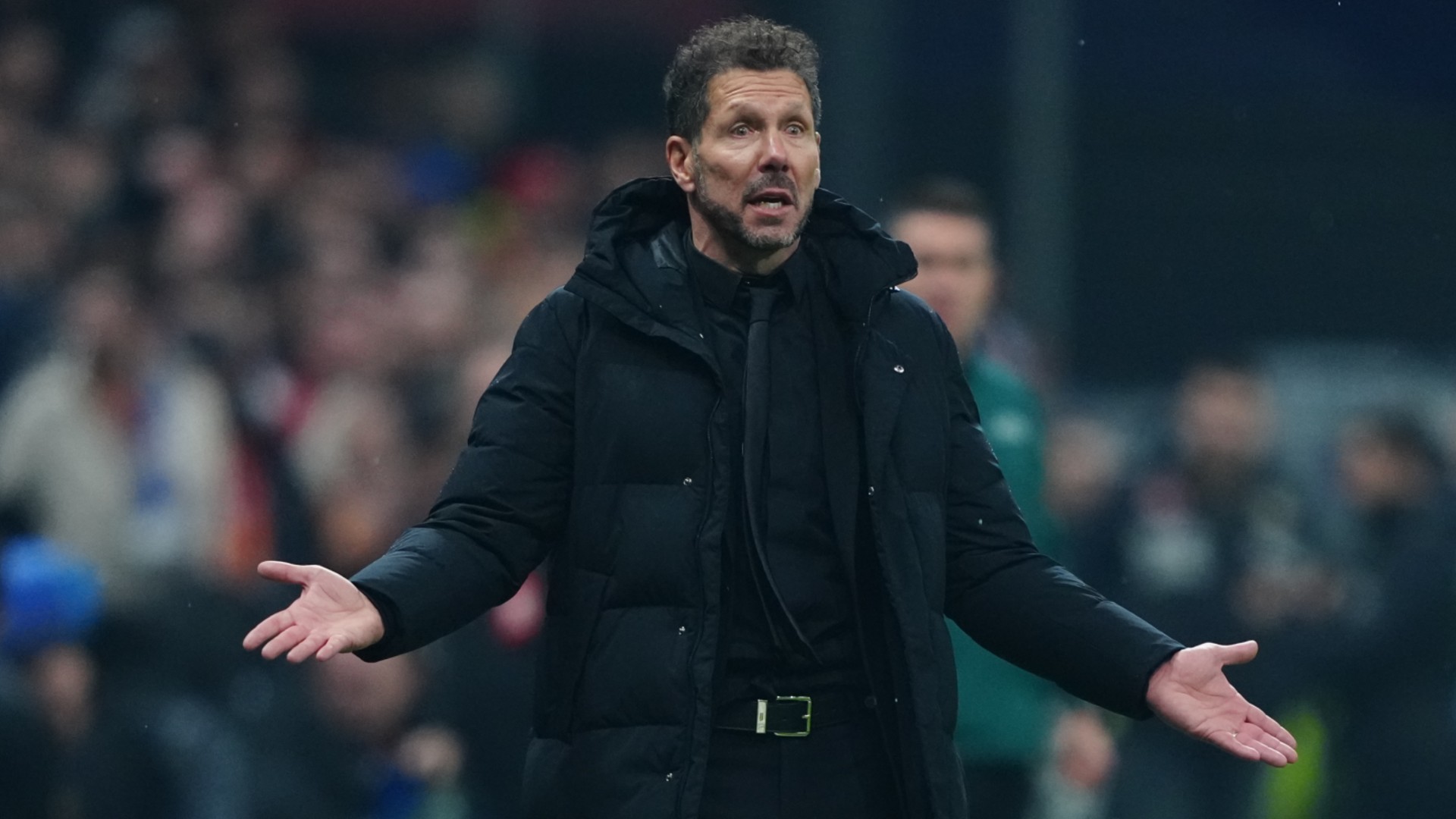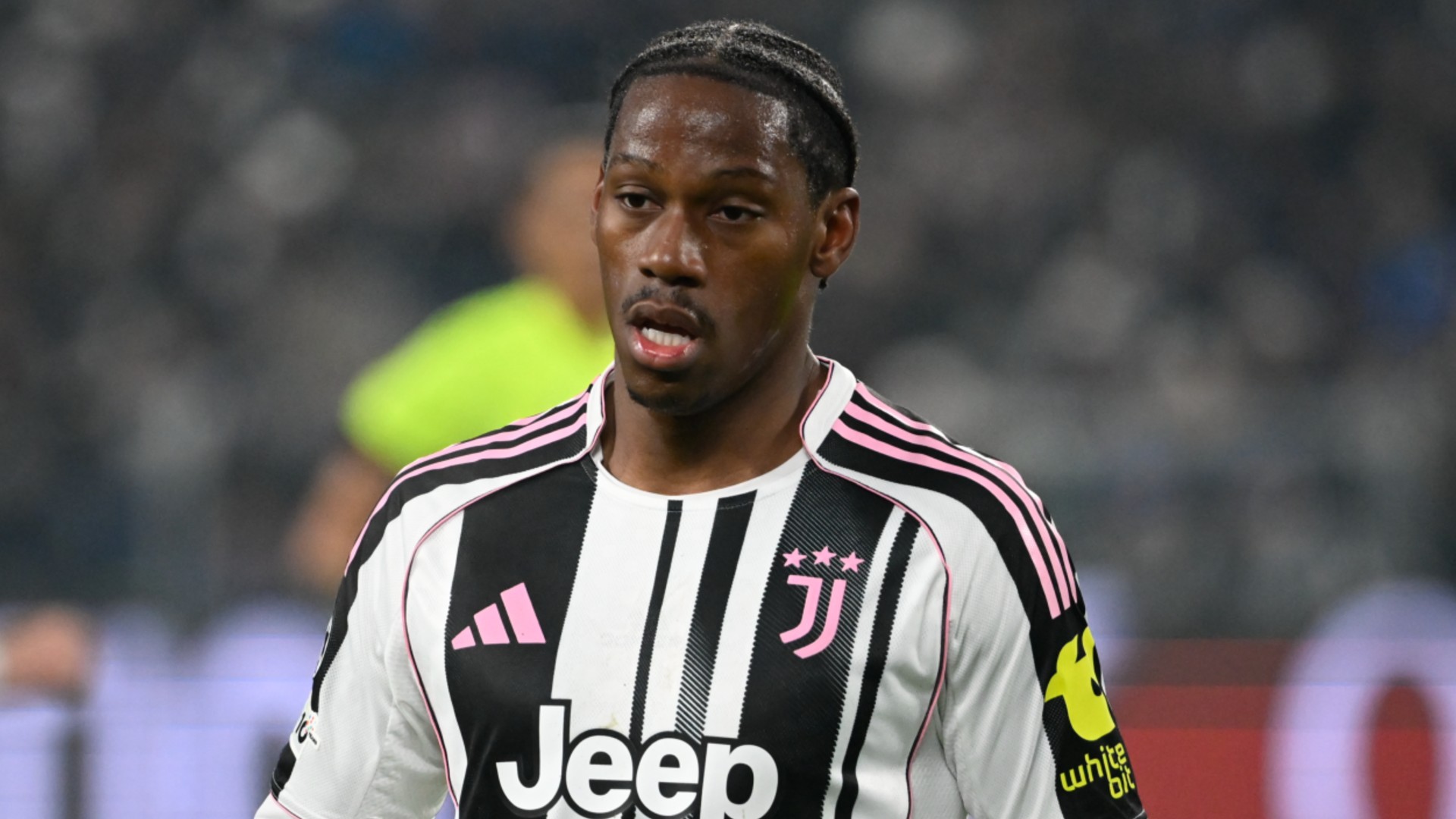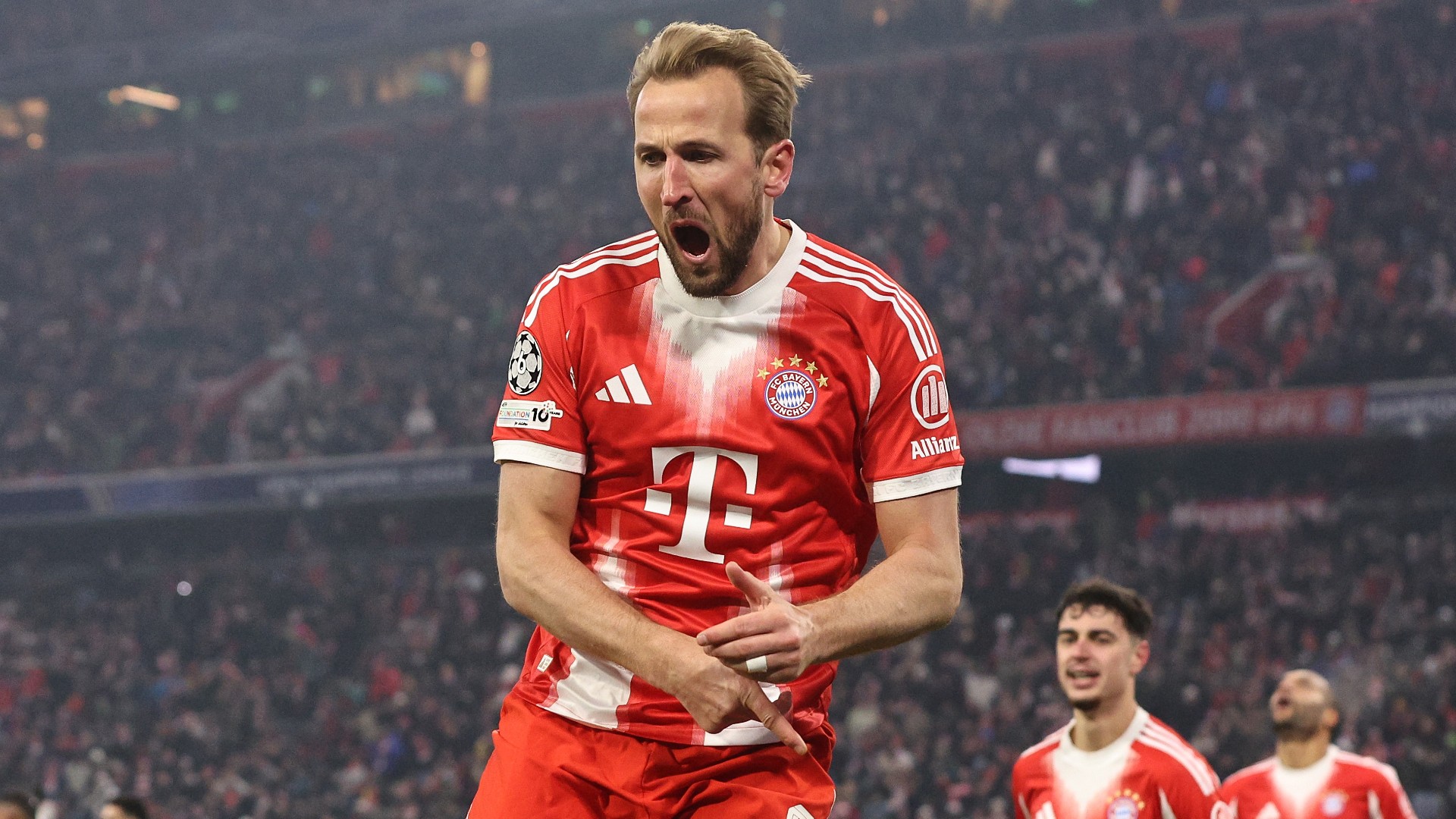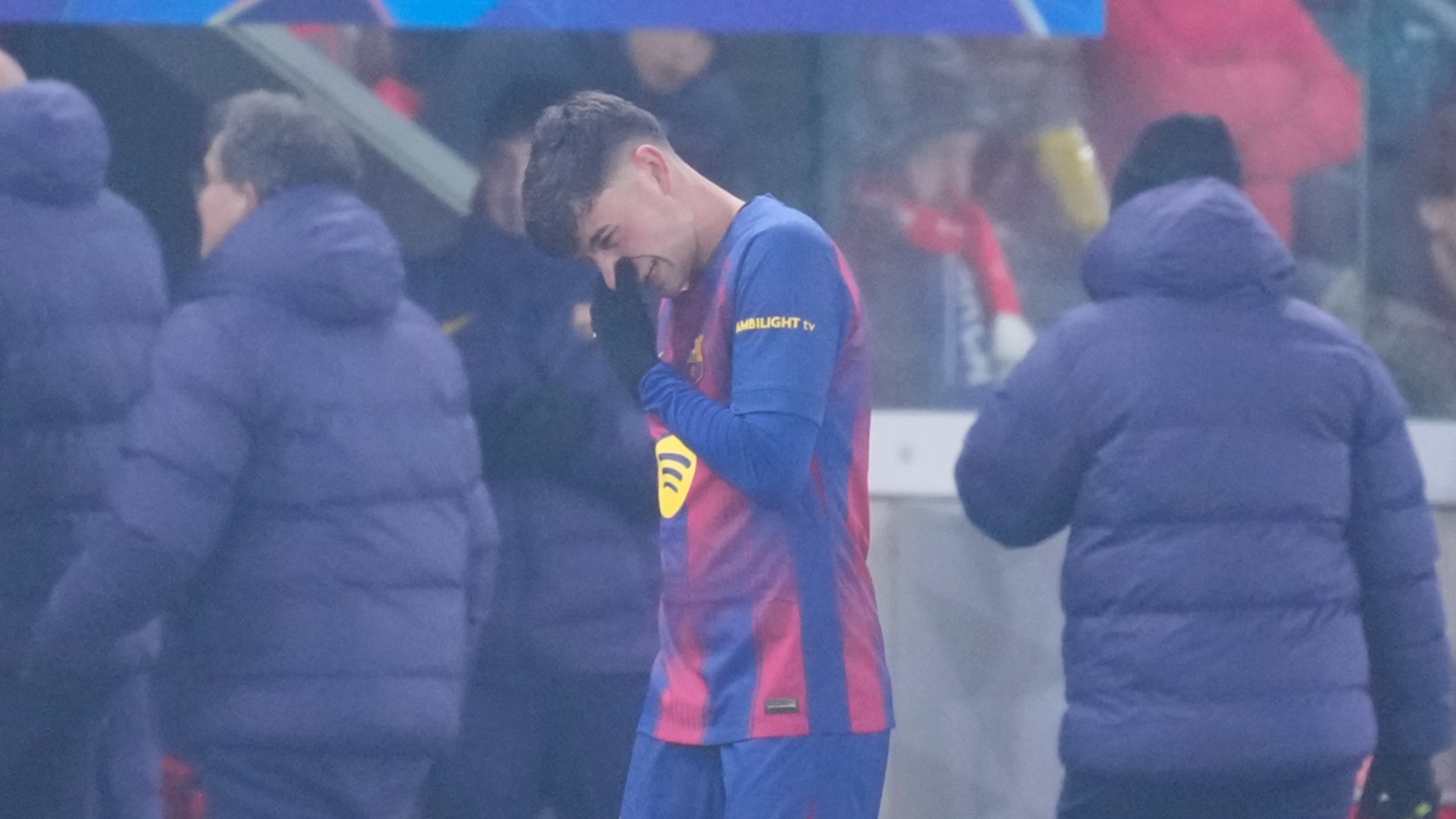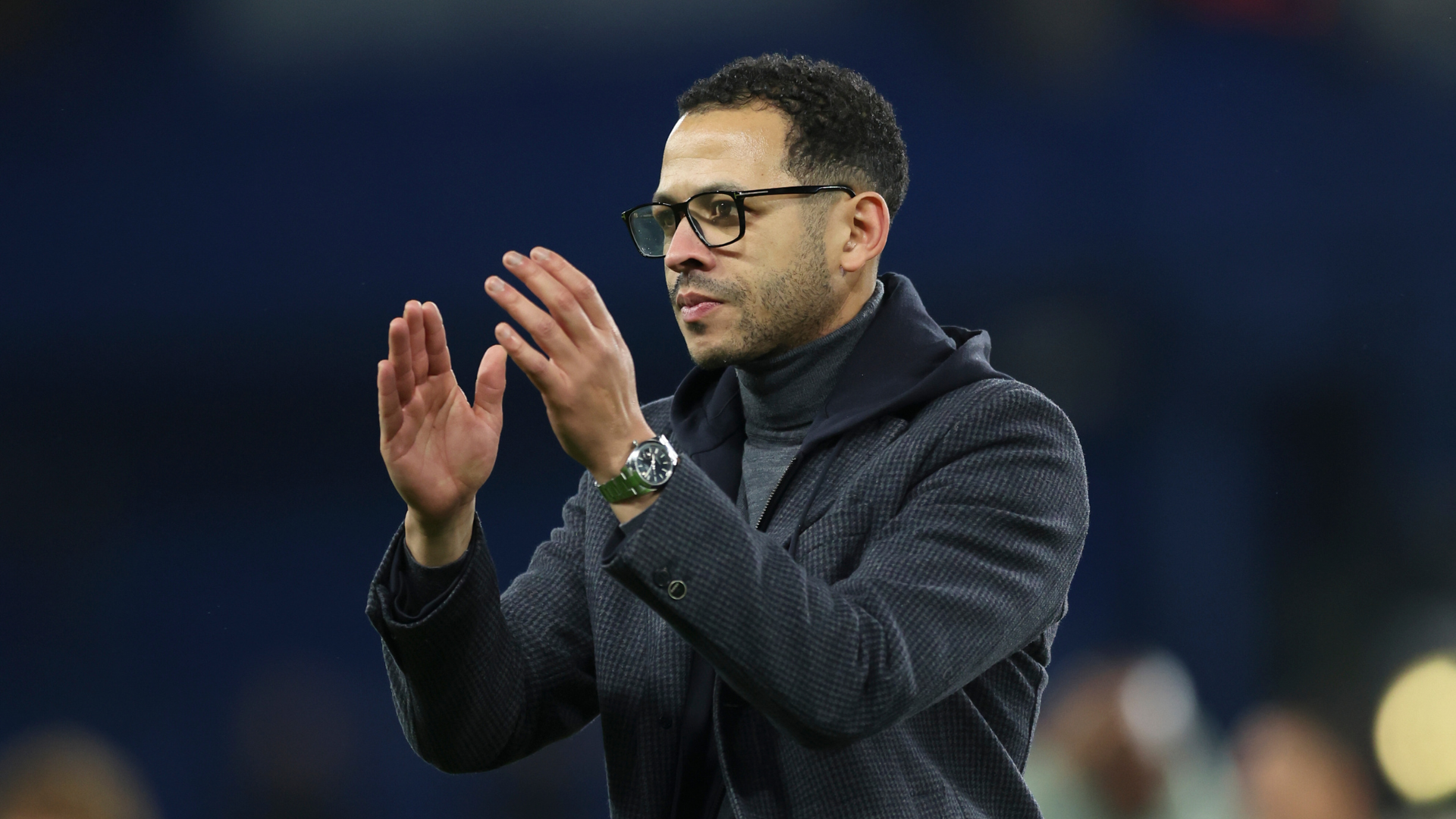- Home >
- Soccer >
- UEFA Champions League >
- The Art of Comebacks: The Power of Mindset, Leadership, and Unity to Overcome the Impossible
The Art of Comebacks: The Power of Mindset, Leadership, and Unity to Overcome the Impossible
COMEBACKS: PART I - PSYCHOLOGY
In sports, coming back from a disadvantage is one of the greatest demonstrations of mental strength, unity, and conviction. Psychologically, teams that manage to overturn a losing score (like Real Madrid), especially after a heavy defeat in the first leg (Arsenal 3-0 Real Madrid), often rely on powerful motivational forces such as pride, redemption, and a refusal to accept defeat. The mindset shifts from the fear of losing to a hunger to prove something, both to themselves, their fans, and the outside world.
The team psychologist plays a key role in this transformation. After a crushing loss, the locker room can be filled with doubt, frustration, and even guilt. The psychologist’s task is to restore emotional balance and rebuild confidence. This may include reminding players of past comebacks, using visualization techniques, or encouraging each individual to view the defeat as a challenge rather than a failure. It is also crucial for the psychologist to reinforce group cohesion, ensuring that players stay united rather than fracturing under pressure.
On the other hand, the coach sets the tone for the comeback through their leadership. A positive coach reaffirms confidence in the team’s ability, adjusts tactics with clarity and assurance, and communicates a concrete plan to turn the situation around. For example, when Liverpool overcame a 3-0 deficit against Barcelona in the 2019 Champions League semifinals, Jürgen Klopp inspired his team by focusing on what they could do instead of lamenting what had already happened. His message was clear: "If we can do it, great. If not, let’s fail in the most beautiful way."
What a coach should not do is allow negativity to take over the team: publicly blaming players, showing desperation, or over-correcting tactics to the point of causing confusion. Losses are emotional moments, but an exaggerated reaction can destroy the psychological momentum necessary for a comeback.
Ultimately, turning around a match after a heavy defeat in the first leg is not just about skill, but a mental triumph. The team must believe, as a unit, that the impossible is achievable. In next week's Champions League return leg, we will see if Real Madrid and Bayern have embraced the challenge with a positive mindset. Will their coaches and psychologists become the architects of hope, resilience, and unity, leading their players to write history instead of reliving failure? We are eager to find out.
COMEBACKS: PART II – TEAM ORGANIZATION
The organization of a team—including its management, communications department, media team, and fan interaction staff—plays a crucial role in the public narrative after a heavy defeat in the first leg. While players and coaching staff focus on preparing for the second leg, the club’s organization acts as the emotional bridge between the team and its supporters, reigniting faith and fostering unity.
Controlling the Narrative
Immediately after a loss, the tone of official communication is key. Instead of focusing on the defeat, the organization should highlight the team’s moments of strength, emphasize the opportunity for a historic comeback, and stress the importance of fan support in the second leg. Phrases like "The story is not over" or "90 minutes to make history" are powerful calls to faith. Real Madrid has its iconic "¡Hasta el final, vamos Real!" while Bayern has "Mia san Mia" ("We are who we are") and "Bayern gibt niemals auf" ("Bayern never gives up").
Inspirational Content
Clubs often post motivational videos, locker room images, or emotional interviews with players and coaches. These pieces aim to ignite emotion and renew hope. An iconic example was Roma's media campaign before the second leg of the 2018 Champions League quarterfinals against Barcelona, a match they eventually turned around after being three goals down.
Fan Activation Campaigns
Organized initiatives such as the use of hashtags (#Believe), tifo projects, or symbolic gestures (lighting the stadium, distributing scarves or flags, or messages of support from club legends) create a sense of collective energy. When fans feel they are part of something bigger—a joint effort for the comeback—they respond with more passionate support.
Tickets and Stadium Atmosphere
Reducing ticket prices, enhancing stadium production (lighting, music, pre-match animation), and fostering an atmosphere of pressure can make fans feel that their energy is key to the comeback. The organization helps transform the stadium into a fortress, making the opposing team feel the pressure of an overwhelming atmosphere, a phenomenon Jorge Valdano described as The Stage Fright, a concept with deep psychological meaning.

Ultimately, a club’s organizational strength lies in its ability to turn despair into drama and skeptics into believers. It’s not just about selling hope; it’s about creating an experience that makes the comeback feel like an inevitable destiny.
COMEBACKS: PART III – HISTORICAL EXAMPLES
Throughout history, there have been legendary comebacks in sports, where teams managed to overcome heavy defeats in the first leg. These matches are remembered not only for their drama but also for the mental strength and conviction they required. Here are some of the most famous:
1. Liverpool vs. Barcelona (2019 Champions League Semifinals)
- First Leg: Barcelona 3–0 Liverpool
- Second Leg: Liverpool 4–0 Barcelona (Aggregate: 4–3)
- Why it’s legendary:
Liverpool, without Salah or Firmino, achieved an epic comeback at Anfield. With energy, faith, and the support of their fans, they dismantled a confident Barcelona. Trent Alexander-Arnold's quick corner goal became an iconic moment.
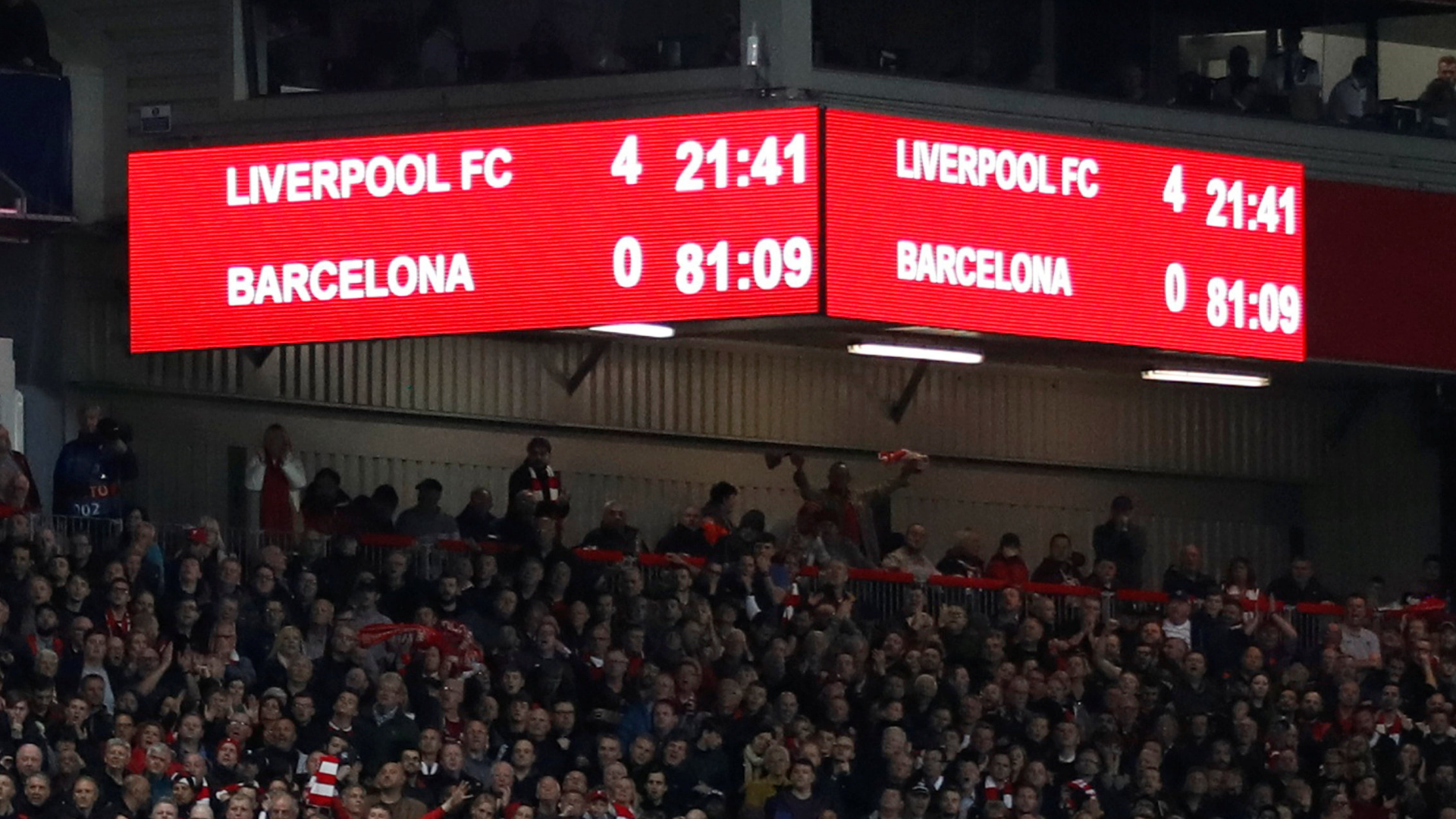
2. Roma vs. Barcelona (2018 Champions League Quarterfinals)
- First Leg: Barcelona 4–1 Roma
- Second Leg: Roma 3–0 Barcelona (Aggregate: 4–4, Roma advanced on away goals)
- Why it’s legendary:
Barcelona, the favorite, was humiliated by a passionate Roma team at the Olimpico. Edin Džeko led the comeback with an inspired performance.
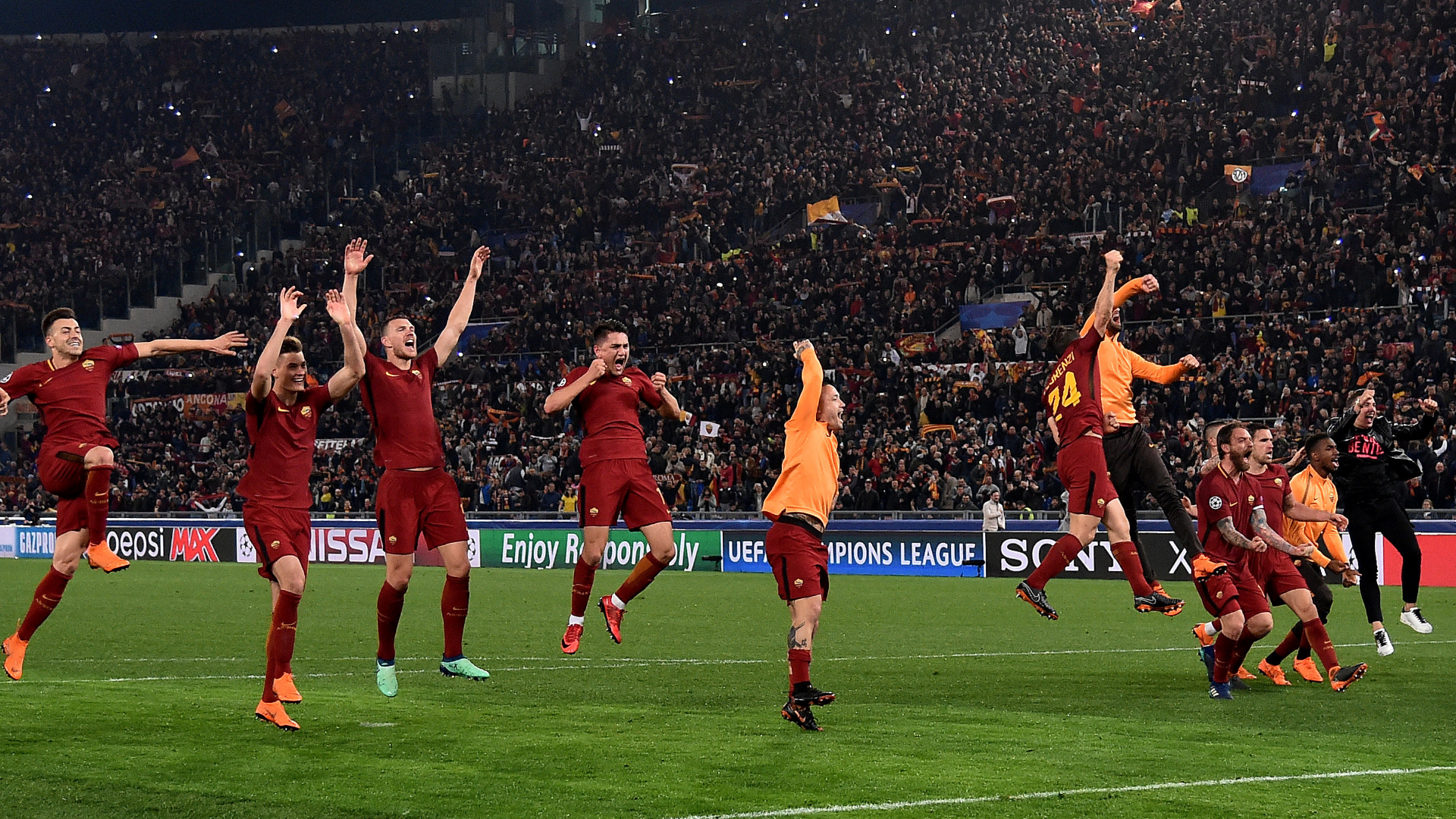
3. Deportivo La Coruña vs. AC Milan (2004 Champions League Quarterfinals)
- First Leg: AC Milan 4–1 Deportivo
- Second Leg: Deportivo 4–0 AC Milan (Aggregate: 5–4)
- Why it’s legendary:
Defending champions Milan were crushed by an unstoppable Deportivo, who scored three goals before halftime.
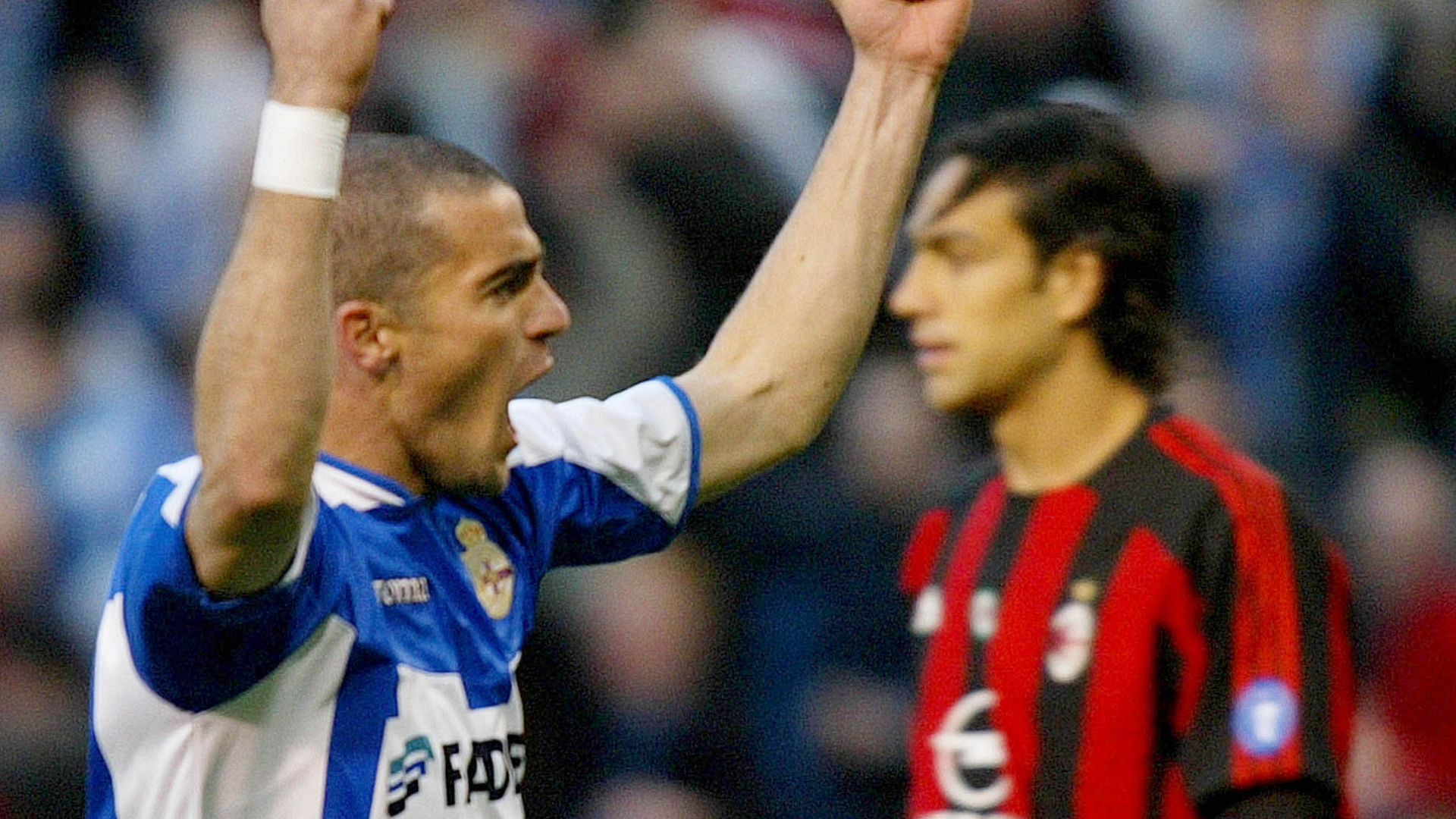
4. AS Monaco vs. Real Madrid (2004 Champions League Quarterfinals)
- First Leg: Real Madrid 4–2 Monaco
- Second Leg: Monaco 3–1 Real Madrid (Aggregate: 5–5, Monaco advanced on away goals)
- Why it’s legendary:
Fernando Morientes, on loan from Madrid, scored against his former team and led Monaco to an unforgettable comeback.
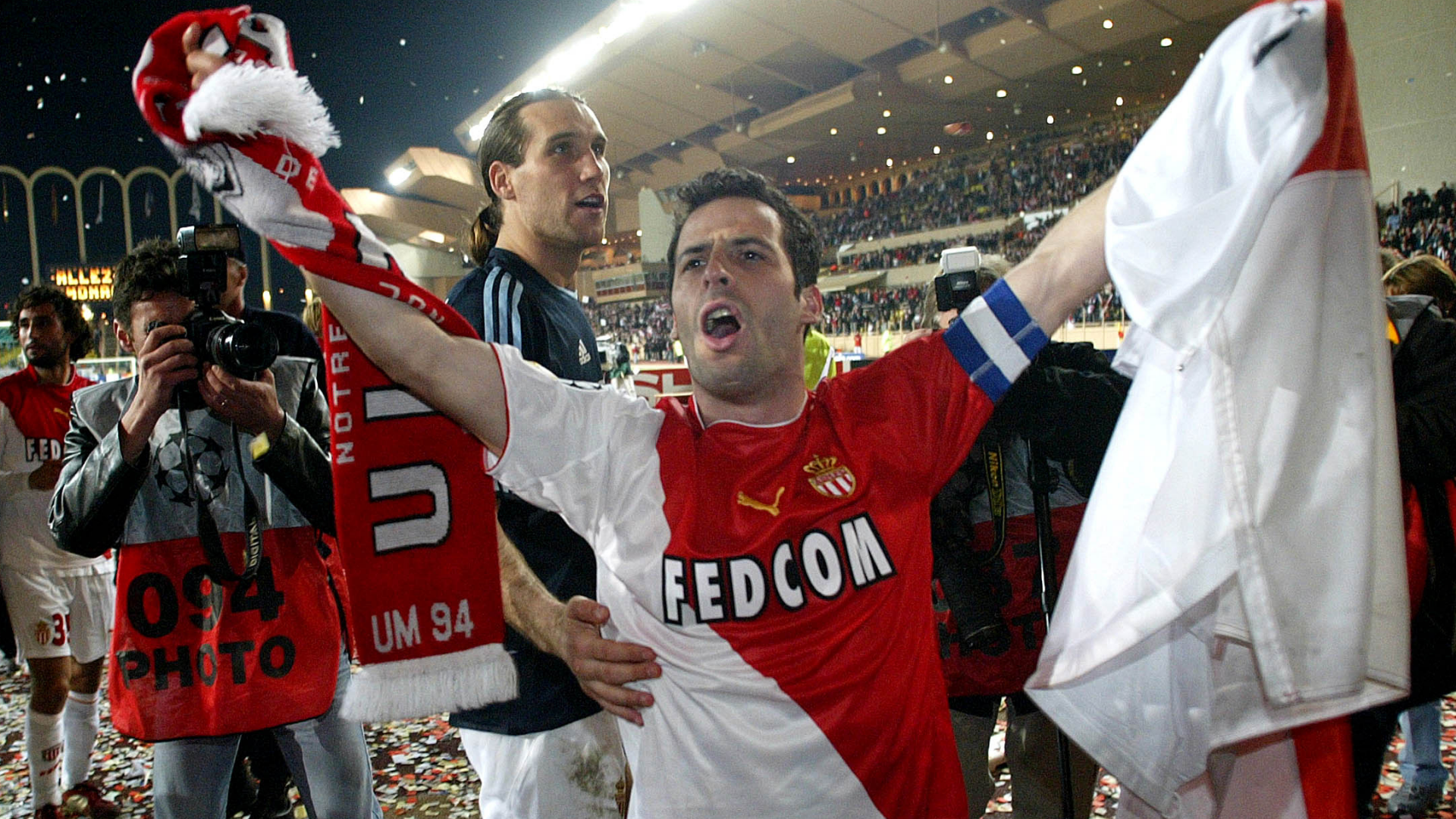
5. Barcelona vs. PSG (2017 Champions League Round of 16 – “The Comeback”)
- First Leg: PSG 4–0 Barcelona
- Second Leg: Barcelona 6–1 PSG (Aggregate: 6–5)
- Why it’s legendary:
Possibly the most famous comeback of all. Barça scored three goals in the last seven minutes, with Neymar starring and Sergi Roberto scoring the decisive goal in stoppage time.

These matches are not only historic for their scores but also for demonstrating how psychology, leadership, and fan support can turn the impossible into reality.











